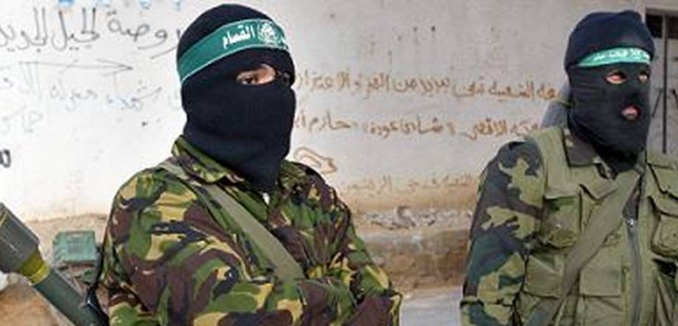The Foreign Press Association (FPA) today issued a condemnation of the systematic harassment that journalists in Gaza have suffered at the hands of Hamas. The statement read in part:
The FPA protests in the strongest terms the blatant, incessant, forceful and unorthodox methods employed by the Hamas authorities and their representatives against visiting international journalists in Gaza over the past month.
General examples of the harassment include:
In several cases, foreign reporters working in Gaza have been harassed, threatened or questioned over stories or information they have reported through their news media or by means of social media.
We are also aware that Hamas is trying to put in place a “vetting” procedure that would, in effect, allow for the blacklisting of specific journalists. Such a procedure is vehemently opposed by the FPA.
The reasons for the harassment comport with the “social media guidelines” issued by Hamas itself. Specific examples of the harassment include the deleted tweets of reporters which showed, for example, that Hamas runs its operation out of a hospital. The reporters from Indian television station NDTV, who filmed Hamas rocket crews operating next to its position, waited until they left Gaza to broadcast the report. Last week The Jerusalem Post sought comments from Gaza-based reporters on intimidation by Hamas. Only one reporter was willing to go on the record; of those who responded to the Post‘s inquiries, “most declined to be interviewed, even on condition of anonymity, as they plan to return to Gaza to report.”
In Why Everything Reported from Gaza is Crazy Twisted, which appeared in the August 2014 issue of The Tower Magazine, Mark Lavie, a longtime foreign correspondent for news organizations such as the Associated Press and NBC, explained why the untold intimidation of reporters has such a distorting effect on the news. If only part of the news is reported, but not the intimidation, “[y]ou won’t know why you don’t get the whole story.”
[Photo: proisraeli / Flickr ]




